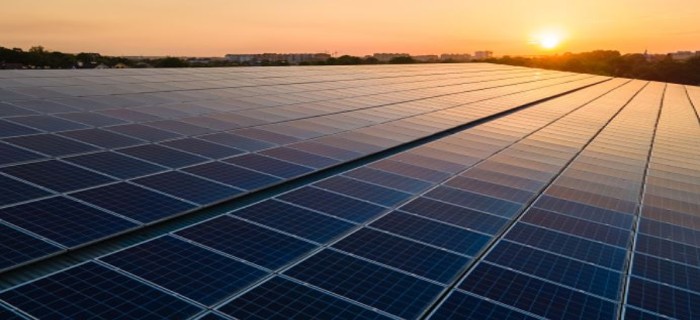
Solar Power in 6 STPs to Reduce Carbon Emissions by 3.5 Lakh Tonnes in Noida Over Five Years
Six sewage treatment facilities in the city are set to be equipped with solar power plants as part of a 6 MW project, which is likely the first of its kind in Uttar Pradesh. This initiative aims to reduce electricity consumption by 50% and cut carbon emissions by 3.5 lakh tonnes over the next five years. Currently, each STP consumes around 2,000 units of electricity per day. With the installation of solar panels, this consumption is projected to decrease by 50%, resulting in a daily savings of nearly 1,000 units per STP.
In addition to the STPs, the Noida Authority also plans to power streetlights using solar energy. General Manager RP Singh stated that reducing just one unit of electricity results in a saving of 30 grams of carbon emissions. This small but impactful step plays a crucial role in environmental conservation and helps mitigate pollution levels in Noida.
The Authority has granted in-principle approval for the project and has commissioned a detailed project report (DPR) to assess the cost of installing the solar plants. The initiative is a key component of a broader vision to transform Noida into a 'Solar City', as outlined in the 2024–25 budgets. The authority has also requested Rs 200-300 crore from the central government under the National Clean Air Programme. These funds are intended to improve traffic infrastructure, alleviate congestion, and reduce vehicular pollution in the city.
The city's traffic decongestion plan includes implementing "left-turn free" signals by removing obstacles such as encroachments and footpath obstructions. A survey will be conducted to identify traffic hotspots and areas with significant encroachment, aiming to streamline traffic flow, reduce congestion, and reduce carbon emissions. A skywalk connecting NH-9 to Ghaziabad near Sector 62 is also in the queue. Previously, the Authority was allocated Rs 30 crore under the NCAP, but only 11% of the funds were utilised over the span of three years to combat pollution.

.gif)
.jpeg)
leave your comment